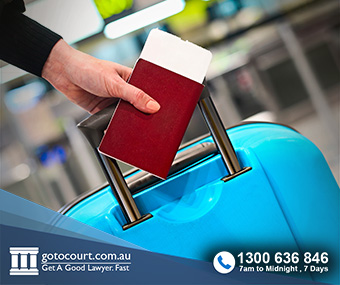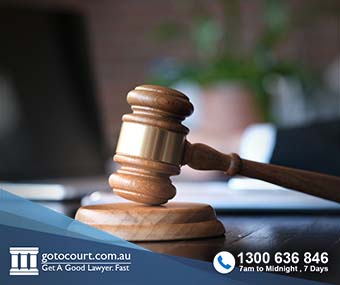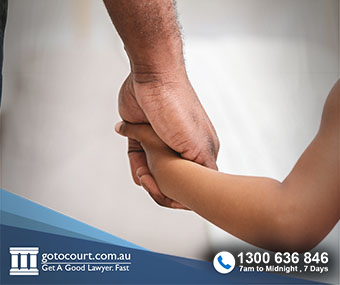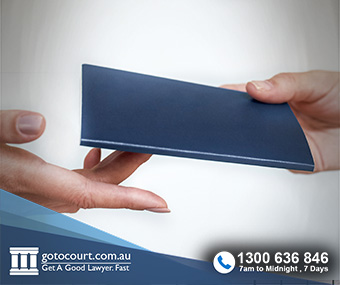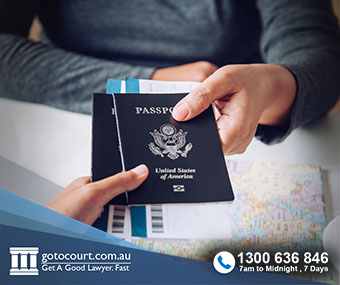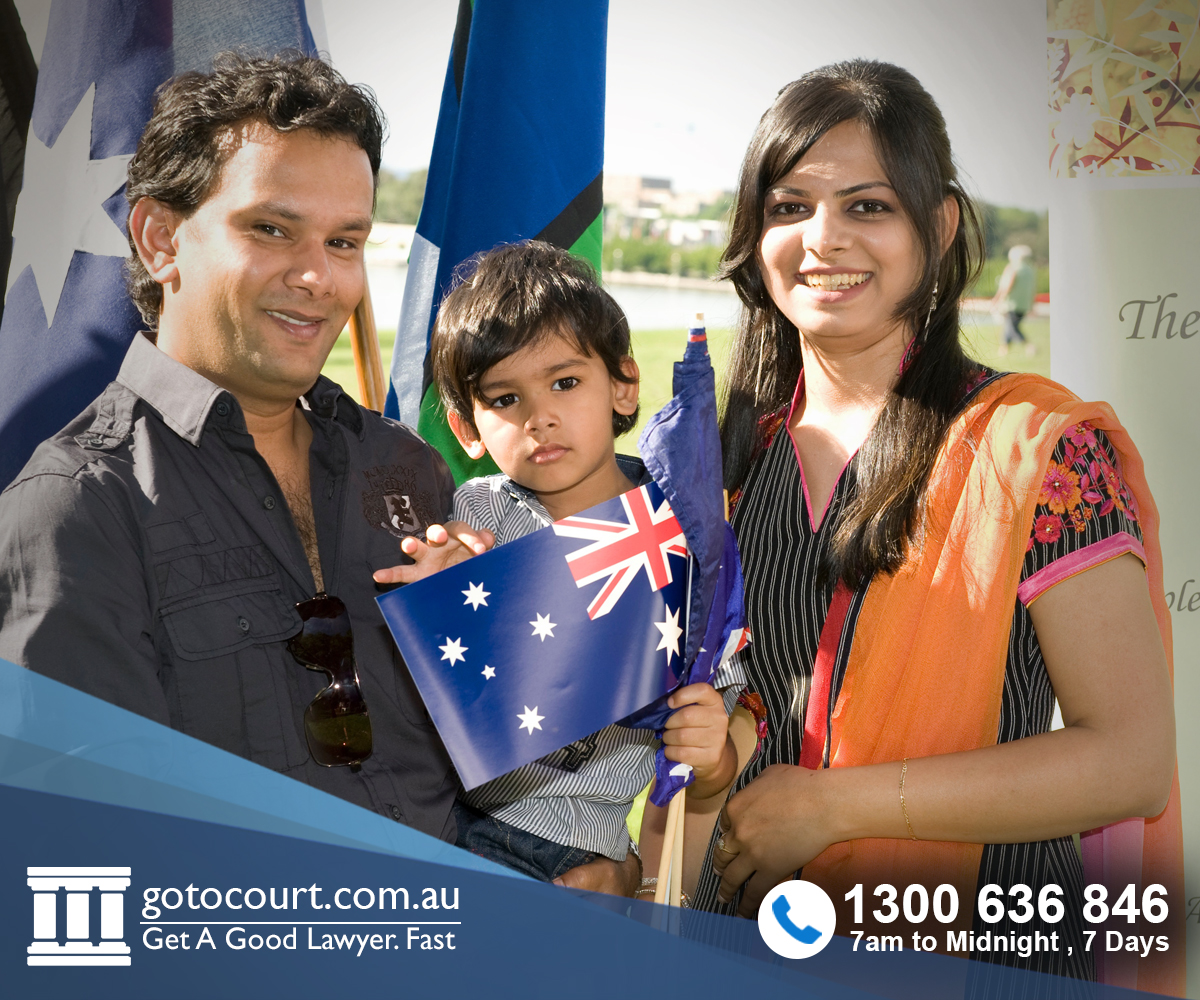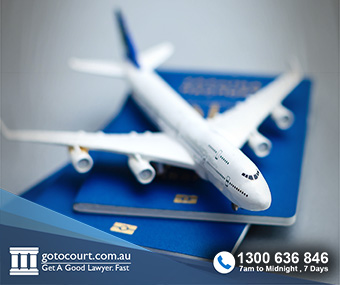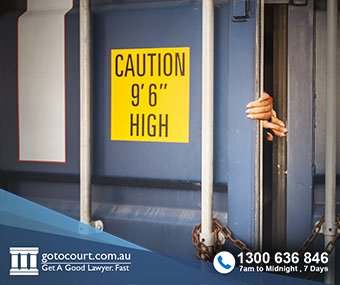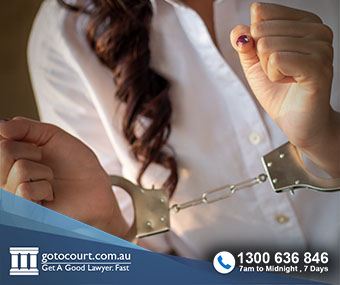Call our lawyers
now
or,
have our lawyers
call you
Ministerial Intervention to Grant Visas
Updated on Nov 08, 2022 • 4 min read • 330 views • Copy Link
Ministerial Intervention to Grant Visas
The Migration Act 1958 empowers the Immigration Minister to intervene in a case in certain circumstances. The minister can substitute a decision that has been made by the Administrative Appeals Tribunal (AAT), with a more favourable decision. Ministerial intervention is discretionary. The minister is not obliged to intervene in any case.
What powers does the minister have?
The minister can intervene to grant visas under three provisions of the Migration Act.
Section 351
Section 351 of the Migration Act empowers the Minister to substitute the decision of the Tribunal with a more favourable decision. The more favourable decision does not have to be a decision that the Tribunal had the power to make.
Section 417
Section 417 of the Migration Act empowers the Minister to substitute the decision of the Tribunal with a more favourable decision where he or she considers it is in the public interest to do so.
A non-citizen can request that the minister consider exercising this power. However, the Minister does not have a duty to consider exercising this power when requested to do so.
Section 501J
Where the AAT has refused an application for a Protection Visa, the Minister may set aside that decision and substitute it with a more favourable decision where he or she considers it is in the public interest to do so. The more favourable decision does not have to be a decision that the AAT had the power to make.
Minister must provide reasons
When exercising any of the above discretionary powers, the minister must provide a statement of reasons for the determination to both houses of parliament.
When can the minister intervene?
The Minister can only intervene and exercise his or her discretionary powers when there is a relevant existing decision. This may be a decision of the AAT, the former Refugee Review Tribunal (RRT), the former Migration Review Tribunal (MRT) or the former Immigration Review Tribunal or Migration Internal Review Office.
When can the minister not intervene?
The minister cannot exercise discretionary powers where:
- There is no tribunal decision;
- A tribunal has found it does not have jurisdiction;
- A tribunal has found that the application was made outside of the time limit;
- A minister has already intervened to grant a visa;
- A tribunal has already referred the matter to the Department and a decision has already been made.
Making a request for ministerial intervention
If you make a request to the minister to have your case considered for ministerial intervention, the request will most likely be dealt with by the department according to the Minister’s guidelines. Requests for ministerial intervention that meet the Minster’s guidelines are referred to the Assistant Minister or to the Minister.
The Minister does not have to consider requests and does not have to intervene. Very few requests for ministerial intervention are granted. A person must hold a current visa while they are going through the process of applying for ministerial intervention. They must continue to make arrangements to depart the country when the visa expires, despite awaiting a decision from the minister.
It is noteworthy that a request for ministerial intervention is not an extension of the visa application process and that if a person still has a visa pathway open to them, it will generally not be appropriate for the Minister to intervene.
You can make a request to the minister yourself or a lawyer can do it on your behalf.
When will the minister intervene?
The Minister is most likely to exercise a discretionary power where:
- There are strong compassionate reasons for intervention where one or more of the person’s family is an Australian citizen and the person’s removal would cause the family serious harm;
- The person is in ill health and their removal would cause them serious harm;
- There is an exceptional scientific, economic or cultural benefit to the person remaining in Australia;
- The person cannot be returned to their country of origin because of circumstances beyond their control;
- The person is at risk of mistreatment is returned to their country of origin, despite not meeting the criteria for refugee status;
- The person has been refused a Protection Visa on character grounds and is at risk of being harmed if returned to their country of origin.
If you require legal advice or representation in an immigration law matter or in any other legal matter, please contact Go To Court Lawyers.

Affordable Lawyers
Our Go To Court Lawyers will assist you in all areas of law. We specialise in providing legal advice urgently – at the time when you need it most. If you need a lawyer right now, today, we can help you – no matter where you are in Australia.How It Works







1. You speak directly to a lawyer
When you call the Go To Court Legal Hotline, you will be connected directly to a lawyer, every time.


2. Get your legal situation assessed
We determine the best way forward in your legal matter, free of charge. If you want to go ahead and book a face-to-face appointment, we will connect you with a specialist in your local area.


3. We arrange everything as needed
If you want to go ahead and book a fact-to-face appointment, we will connect you with a specialist in your local area no matter where you are and even at very short notice.

